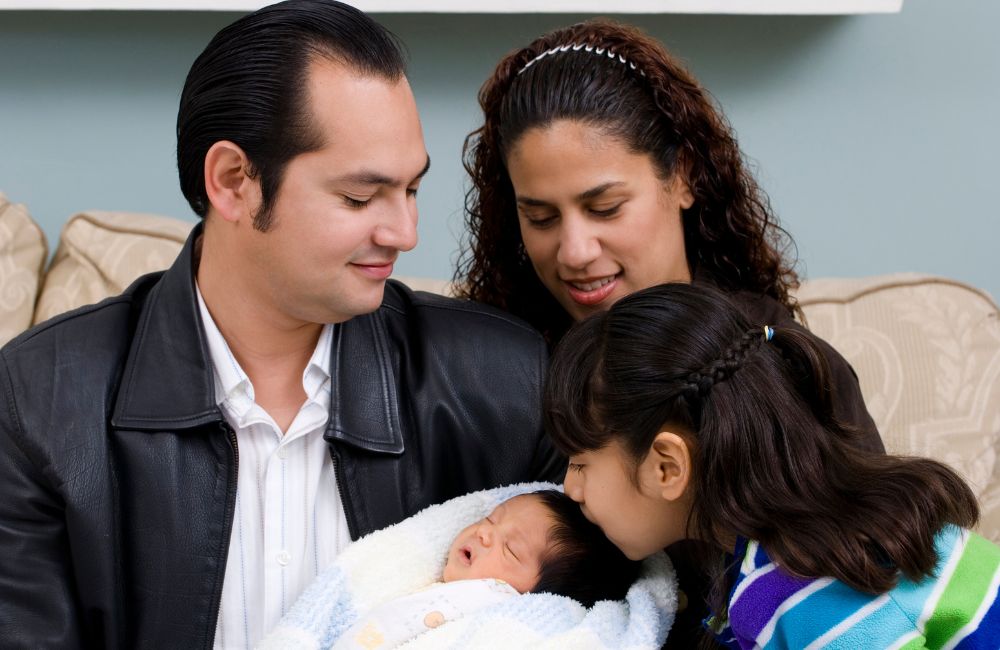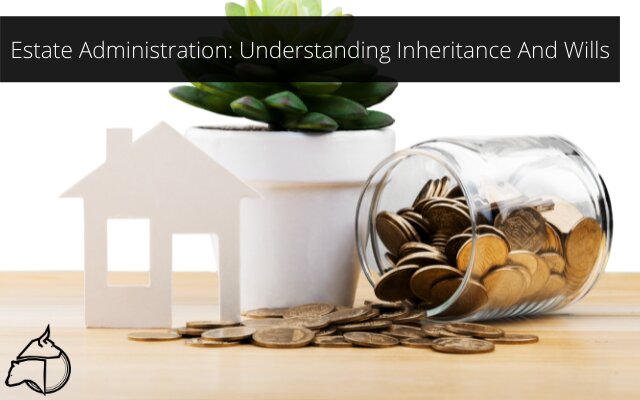The Right Executor Carries Your Voice: Why Your Choice Matters
Your will is more than a legal document. It’s your final message to the people you care about, a blueprint for how you want your life’s work to be honoured. But no matter how carefully it’s written, its impact ultimately comes down to one thing: who you choose to carry it out.
That’s where your executor comes in, and choosing the right one is not just a legal formality. It’s a deeply personal decision that can mean the difference between conflict and clarity, delays and dignity.
At Maysure Financial Services, we believe your executor should carry more than paperwork, they should carry your voice.
What Does an Executor Actually Do?
An executor is the person or institution legally appointed to administer your estate after your passing. Their responsibilities include:
- Submitting your will to the Master of the High Court
- Managing and protecting estate assets
- Settling debts, taxes, and funeral expenses
- Distributing assets to the correct beneficiaries
- Providing regular reports and closing the estate
This role requires more than basic admin, it demands financial literacy, legal knowledge, and strong emotional intelligence, especially when family dynamics are involved.

The Risk of Choosing an Impersonal Institution
Many people simply default to naming a bank, a lawyer, or a family member as executor without fully understanding the implications.
Here’s the truth: while institutions may seem like a “safe” option, they often lack the personal touch and flexibility your family may need during a difficult time.
Some common challenges of institutional executors:
- Delays: Large institutions often have standardised processes, which may lead to long wait times in finalising estates.
- Limited communication: Your family may have to deal with generic email addresses or switchboard calls, rather than a dedicated contact.
- Executor fees with little negotiation: Banks often charge the maximum allowable executor fee, 3.5% of the estate value, without factoring in complexity or size.
- Lack of understanding of your personal values: A document can’t express your heart, but the right person can.
Choosing Someone Who Respects Your Wishes
So, who should you choose?
Your executor should be someone who:
- Understands your personal wishes and values
- Has a clear head in emotionally charged situations
- Can be trusted to act fairly and transparently
- Is willing and able to handle the legal and financial admin
- Has support from professionals, where needed
In some cases, a loved one may be the right choice. In others, a professional executor—like a qualified financial advisor or fiduciary, working alongside a family member can offer the best of both worlds: technical guidance and personal care.
Understanding Executor Fees (and What to Look Out For)
South African law allows executors to charge up to 3.5% of the total estate value plus VAT, as well as 6% on any income earned during estate administration. But here’s what many people don’t know:
- You can negotiate executor fees upfront, especially with financial advisors or smaller fiduciary firms
- Fee structures should be discussed at the planning stage, not left to your heirs to dispute later
- Professional executors often offer more value than large banks at a lower cost, especially when backed by personal relationships
At Maysure, we believe transparency and flexibility are key. Our goal is to ensure your estate is handled with care and efficiency, without draining value from your legacy.
How Maysure Blends Professional Expertise with Personal Care
At Maysure, we don’t just process paperwork. We act as a bridge between your written wishes and the people you’ve chosen to receive them.
- We guide our clients through the will drafting and executor appointment process
- We act as professional executors, either alone or in partnership with your family
- We tailor our estate services to your life, your values, and your specific goals
Because when the time comes, your family deserves to work with someone who understands you, not just your documents.

Final Thoughts: Your Executor Should Reflect Your Intentions
Your legacy is too important to be left to chance—or to a default tick-box on a will template. The right executor can mean the difference between a seamless transition and years of frustration for your loved ones.
Choose someone who will speak for you, protect your legacy, and honour your values. At Maysure, we help you make that choice with confidence.
📞 Ready to review your will or update your executor? Contact us today to start the conversation.


















